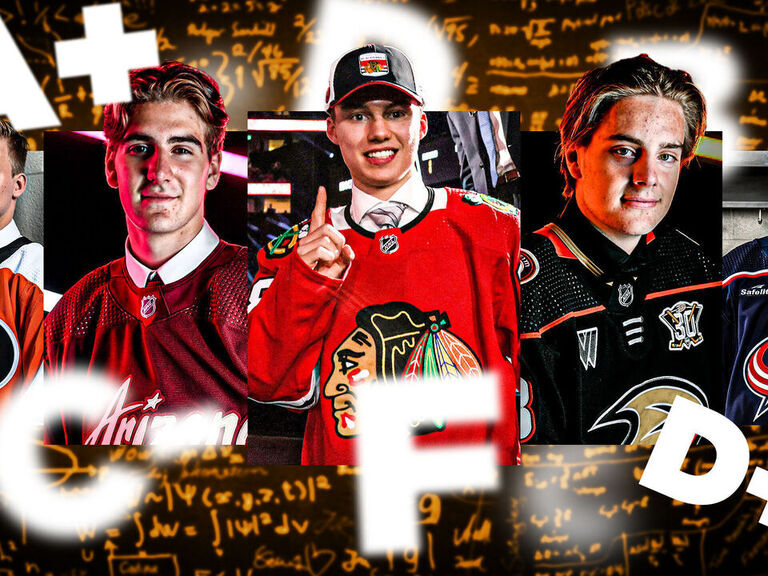twabby
Registered User
- Mar 9, 2010
- 13,731
- 14,648
I appreciate your approach, and while I am an old school eye test guy when it comes to hockey, I get the value in analytics and believe there is a place for them.
I do have a question to add, specifically the % chance of becoming a Star metric. Do you have the placards, or can you get the percentage of being a star values this algorithm produces for all the Caps we consider stars just before they were drafted? Can the vales be backward calculated?
I would especially like the see how that metric assessed Wilson, Oshie, Carlson, Orpik, etc.
I my field, verification of model prognostication is really important.
Oshie and Orpik fall outside of the window. It only goes back to 2007.
Carlson was roughly 70% to make the NHL, but 0% to be a star. I suspect that this was some sort of error importing data into Tableau because I’ve never seen anything approaching a 0%/70% star/NHL split.
Wilson was 1% star/9% NHLer.
Full data here, up until 2021:
This is for the TopDownHockey model.



 The thing about Keller is that -- for people like us that don't do this for a living -- you really had to want to see him play. You get the international feeds for a tournament, there's always more than 1 game going on, and you typically pick one that doesn't have France in it because France is to hockey what France is to just about everything else, except body odor and being an asshole.
The thing about Keller is that -- for people like us that don't do this for a living -- you really had to want to see him play. You get the international feeds for a tournament, there's always more than 1 game going on, and you typically pick one that doesn't have France in it because France is to hockey what France is to just about everything else, except body odor and being an asshole.
